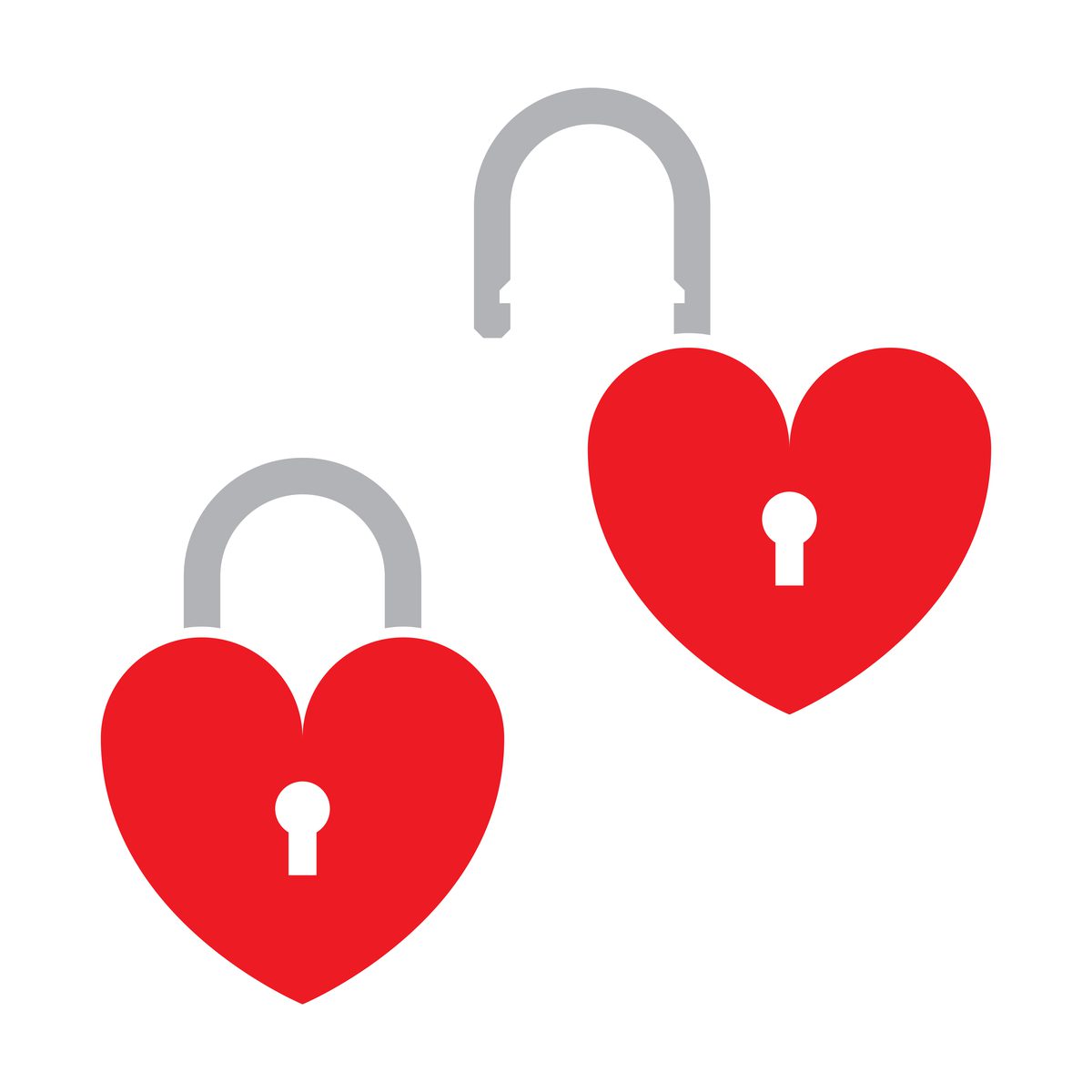 People spend a lot of time asking the question:
People spend a lot of time asking the question:
“How to do I get my partner to open up?”
But they rarely think about the ways in which they regularly punish their partner whenever they want to reveal their beating vulnerable heart.
The problem with just saying to someone, “you should open up more”, is that it’s a frustratingly vague request.
Being of a British upbringing, inculcated with some of my countrymen’s stereotypical reserved psyche, and raised by parents who were mostly of the school of ‘get up, keep going, don’t complain’, some of my early relationships were…tricky when it came to emotional sharing.
That said, I believe that too often the blame is squarely focused on the person who doesn’t want to open up. Yes, part of the onus is on them to be more generous in sharing how they feel. But we should also ask ourselves: Am I making it easy or difficult for others to open to me?
I can’t speak for everyone on this topic. No doubt there are many people who have past trauma and deeper issues that make it hard or nearly impossible for them to trust in someone enough to show vulnerability.
But for myself, I’ve noticed that a huge amount of my emotional openness depends on feeling like I have the right environment to be free to express what’s really going on inside.
So if you want your partner, family, or friends to open up emotionally, here are 4 worries that are probably going through their minds that need to be dealt with first:
1. “If I open up, will it just create MORE worry?”
Something went badly at work, and you find yourself on the phone to your partner.
“I screwed up again on that project today,” you say. “I’m not sure if I’m going to survive here.”
Their response: “Shit, that’s terrible! What are you going to do if you lose your job??”
They go into a panic. They freak out worrying for the both of you. Suddenly, a frustration at work has turned into you trying to console your partner, even though you were the one who had the crappy day!
And then you think, ok, I just won’t say anything next time.
When people share their fears and concerns, the last thing they want is despair and a response that will send them further into a spiral of stress and panic.
What we usually want is for our partner to tell us: it will be ok. You can survive this. You can survive anything. I’m here to listen. Hey, even if you lose your job, we’ll still find a way through this mess.
We open up to our partner for support, not for them to amplify our anxiety.
2. “Am I going to get judged for being emotional/sensitive about this?”
Blurting out your emotions is always risky. Because then we are naked. And the other person might not like what they see underneath.
The worry is: Am I going to be made to feel foolish/stupid/over-sensitive for having this feeling?
For example, you bring up that you had a jealous moment, or you felt worried about something your partner said earlier. Or something has just been making you feel insecure.
If your concern is brushed off with, “oh don’t be stupid”, or “oh my god, I can’t believe you would say that”, it’s a signal to your brain to never bring the topic up again, or else feel belittled and stupid.
This especially happens with men if they are made to feel weak and unattractive for sharing their fears, and it’s a key reason why many men simply avoid it altogether.
If you want emotional honesty, show someone that they are strong, capable, and loved even in their weaker moments. At the risk of adopting treacly therapeutic language (there’s that Britishness again), people want to feel their feelings are valid.
3. “Are they actually interested in what I have to say?”
You know the moment.
There’s something you finally get off your chest, your looking for support, and then the reply:
“Oh my god, I had the EXACT same problem with my family…what happened was…”
And suddenly, it’s all about them.
If you wants someone to open up, the best gift you can give them is space.
Dig deeper. Ask more questions. Just say, “tell me more…”, or “I’m here for you, tell me what happened…”
Just allowing someone to know they freedom to really say their piece, and to know you REALLY want to listen, is enough to make them think, “I like to talking to him/her…” This relies on you asking about different aspects of the problem, paying attention, and offering support and gentle reassurance as they carry on that you are curious about what’s bothering them.
4. “Are they going to try to solve the problem for me?”
Unless someone explicitly says, “what do you think I should do?” or “can I get your advice on something?”, they’re not looking for you to solve their anxiety.
Just because we want to talk about a problem, does not mean we are looking for an immediate solution.
Deep down, we may even already know what the answer is.
Again, the best thing you can do is simply play Sigmund Freud. Ask questions, give space when necessary, and don’t offer any strong opinions or advice unless they ask for it. Even if they don’t want to talk immediately, giving physical contact, a hug, and signs of love and just being present for them are usually great ways of making someone feel like you’re the person they can freely open up to.
As a shorthand, remember:
- Reserve judgment
- Curiously ask questions
- Give reassurance and support
Do that, and you’ll find yourself more often than not being the person people seek out when they want to say how they really feel.
—
Feel stuck right now? If you’re ready to FINALLY restart your life, love the journey, and get the unshakeable confidence you deserve, come and join us for 3 life-changing days at MHVirtualRetreat.com. (Don’t miss out! Retreat begins March 18-20th – claim your spot here)




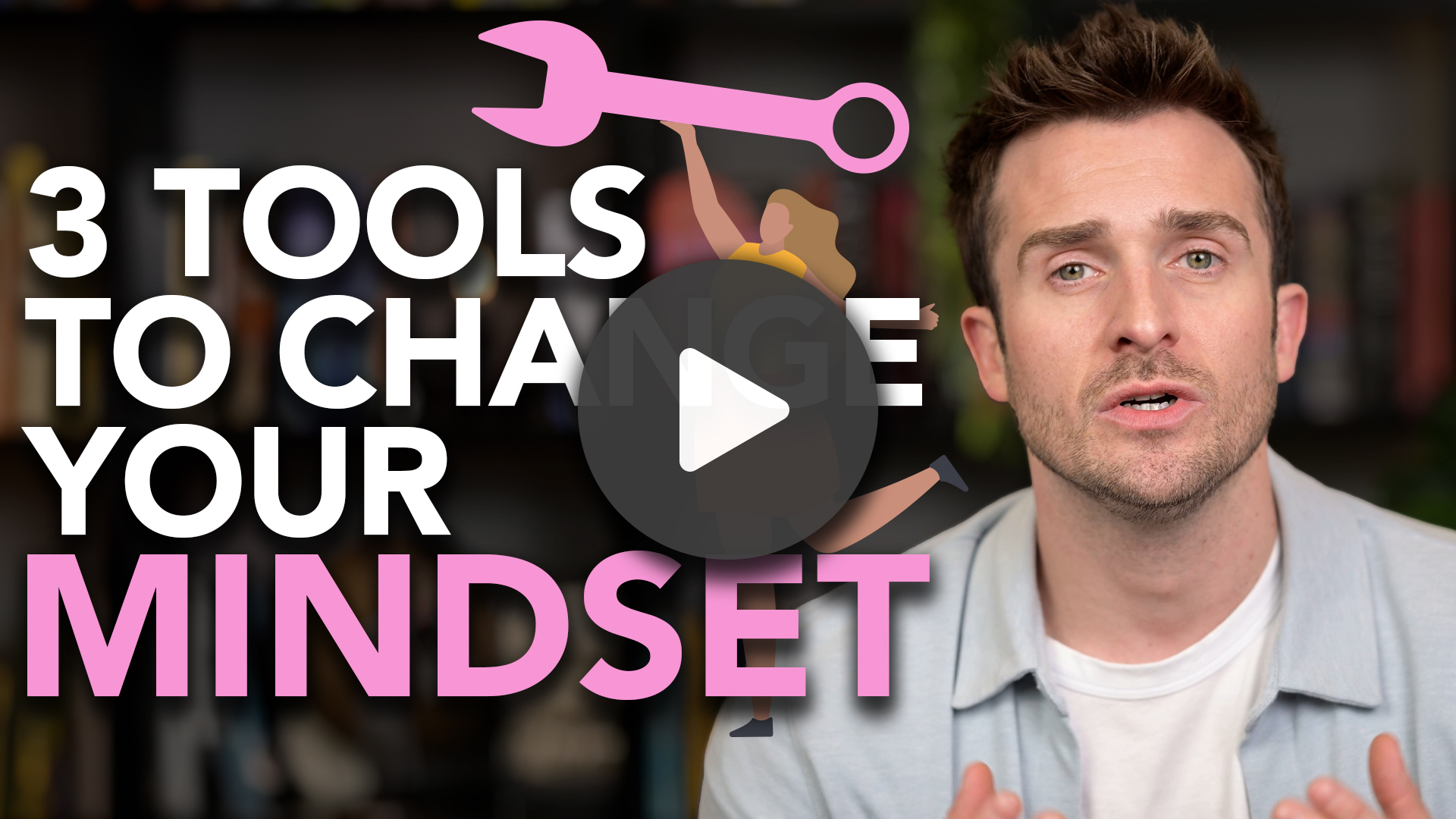
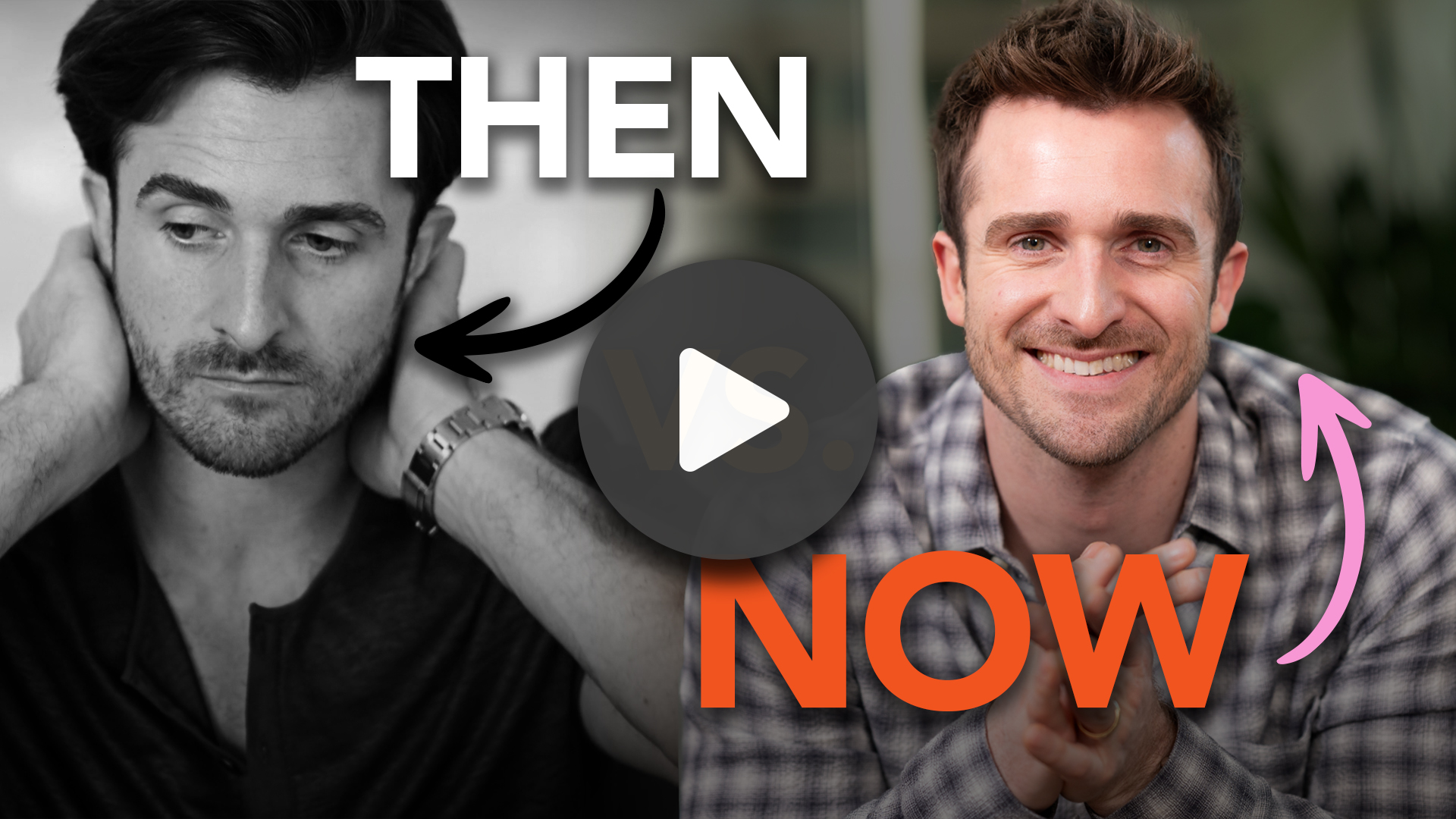
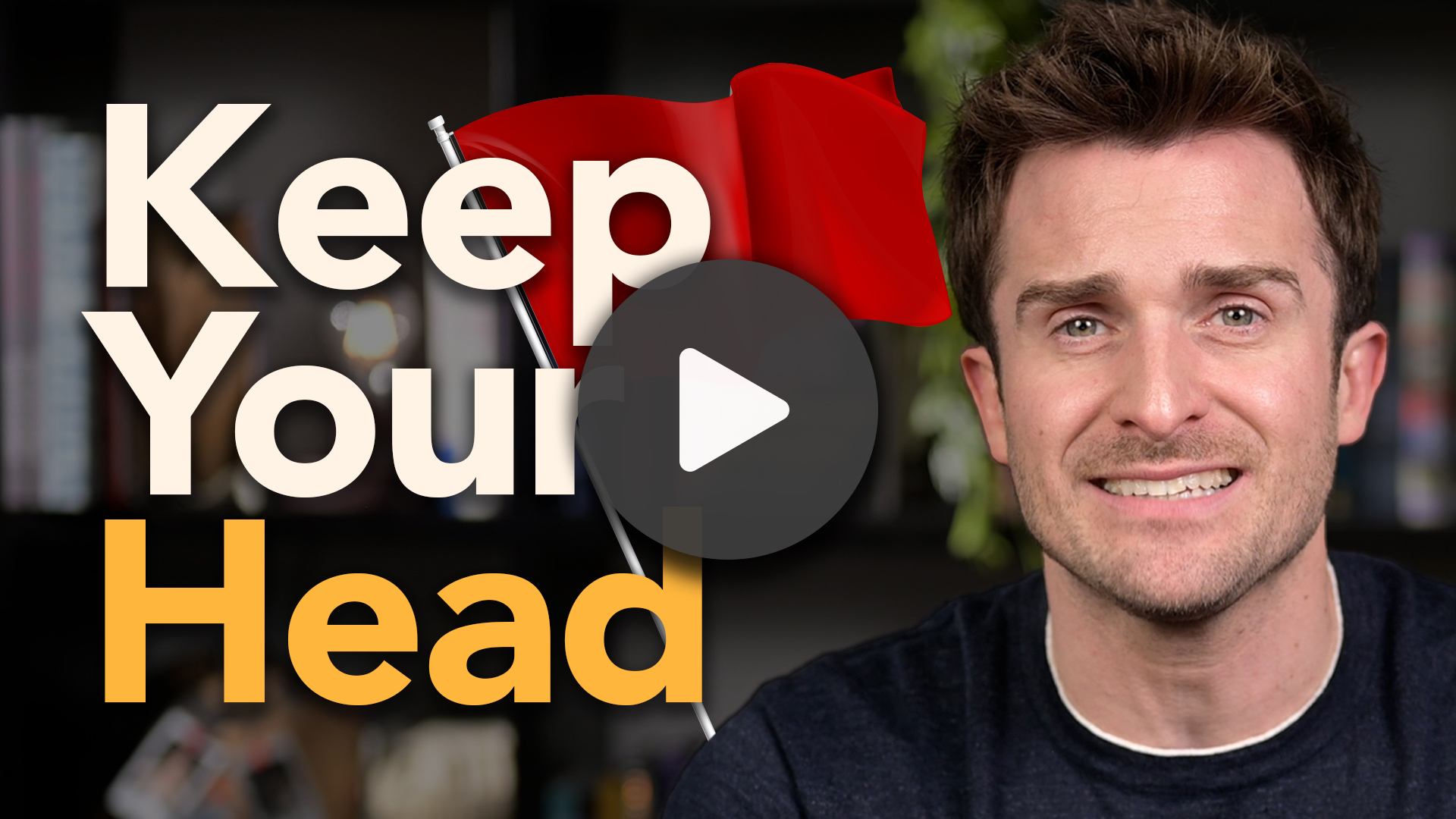
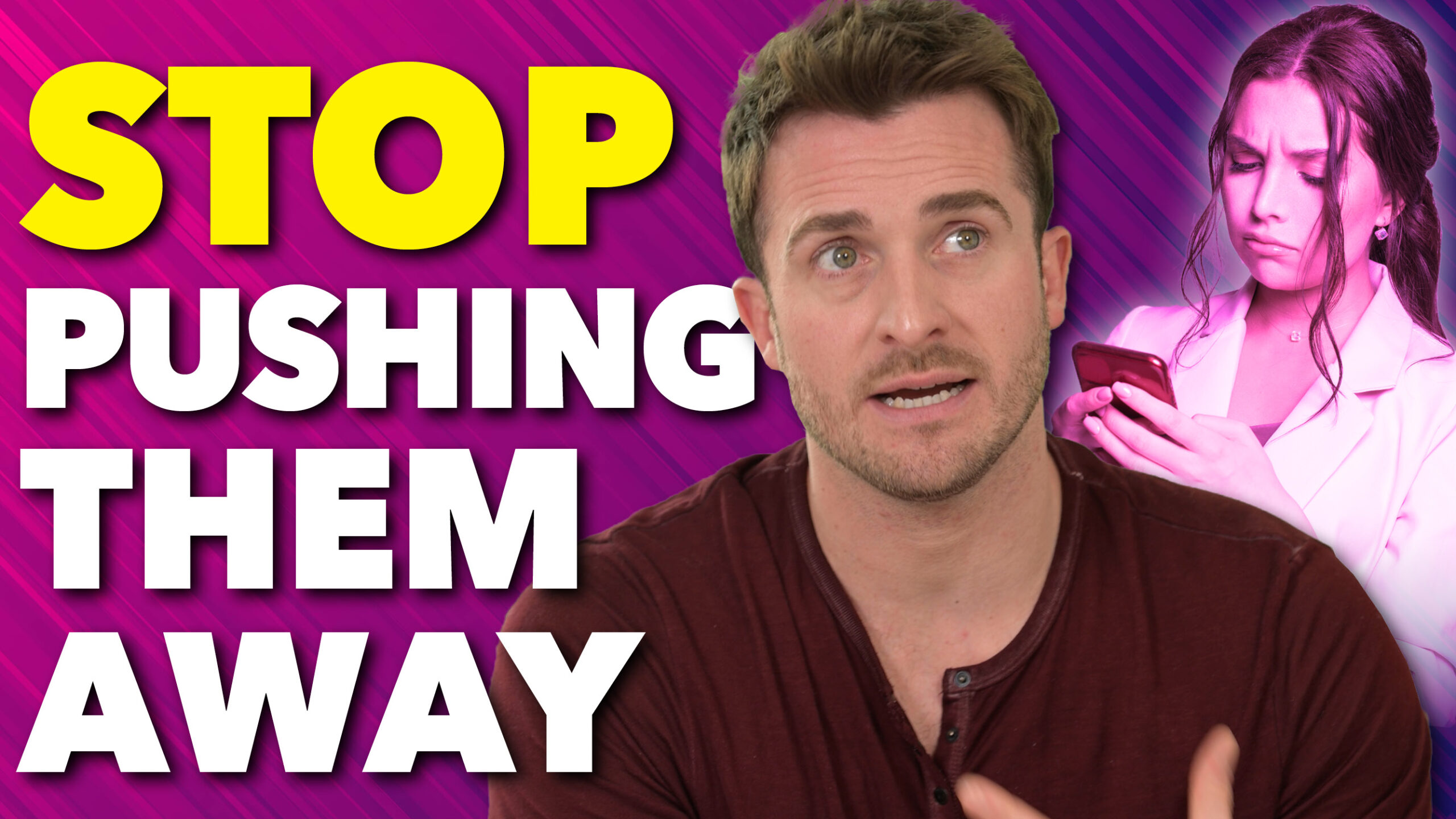
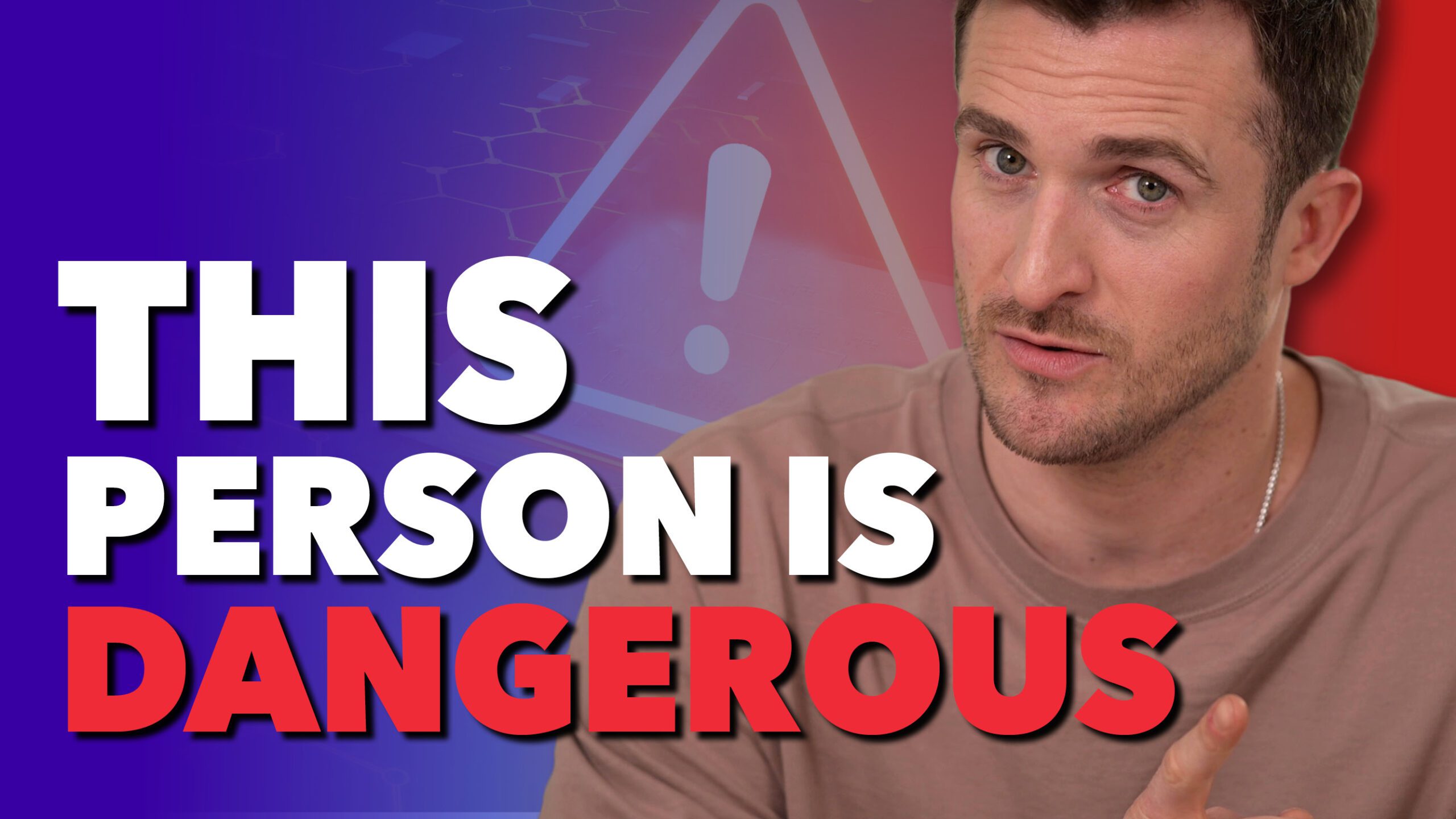





Stephen,
It’s a great article, but what I like the most is this sentence ”But for myself, I’ve noticed that a huge amount of my emotional openness depends on feeling like I have the right environment to be free to express what’s really going on inside.”
With the emphasis on ”to be free to express”; the freedom of expression: our thoughts, emotions, anxieties, fears, etc. is what creates an intimate/emotional connection of being heard and understood. Recently, I had an experience in written communication, where my character was misjudged, based on a wrong assumption of who I was (I am). Not only that my mindset was perceived as not adequate, but also, I got a suggestion (been conditioned) from that person to change it. That’s how most of the bickering starts: making assumptions about people, listening with prejudices, conditioning of the other person’s thinking, behaviour, their expression. It’s a path that leads nowhere. The freedom of being who we are; our thinking, emotions, expressing ourselves, way of living – the acceptance of a person of who (s)he is, is called love. And love is the absence of judgment. There is a saying that we have two ears and one mouth for a reason: to listen twice as much as we talk. The environment where we can safely open up is where we are accepted for who we truly are, with the freedom to express ourselves and listened to without judgments. Conversations (especially the difficult ones) often flare-up because the two (or more) imperfect human beings (with different characters, traits, underlying traumas, disappointments, etc.) are unable to take away the internal projections on each other and remove emotions from the discussion. That’s why the setting of a safe environment, which enables and promotes the freedom of expression (respectfully and politely) is paramount for establishing good and deep emotional connections between people.
Your so right. I am in this moment with my soon to be ex husband. He never seems to be able to be supportive. He always freaks out and has to be rude. Then he wonders why I choose to have no opinion with him. Arguments and rudeness when you need a kind ear are never fun. The worst part is he is doing this with my children and doesn’t realize it with them either. Thanks for validating this issue for me. Hope your dad is enjoying his tea.
Dearest Stephen.Im so on board with subject and feel in so much defense for the male species. You just dont get enough attention in this area.
I have such a profound respect for you and your brother Matthew in all you do to provide us ladies(i know some dudes are here too )with insight and assistance and training.
Thankyou